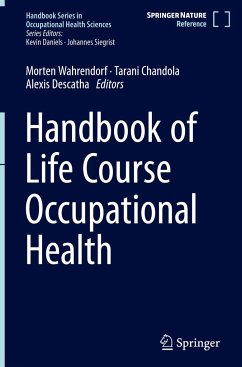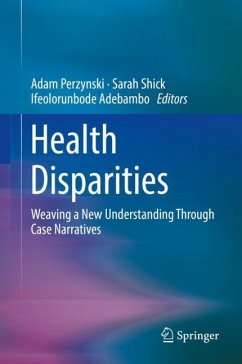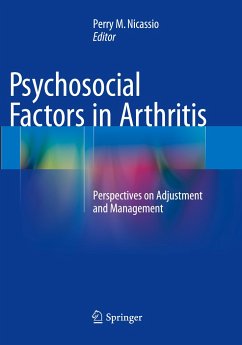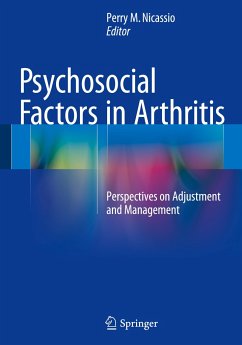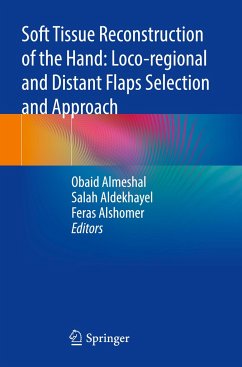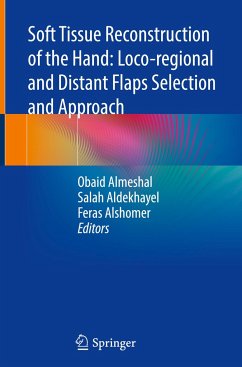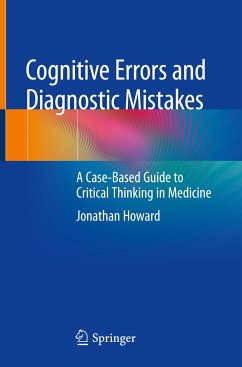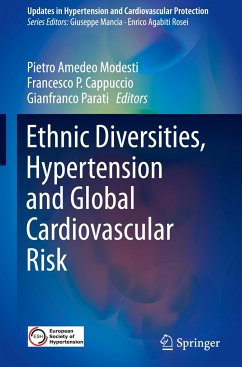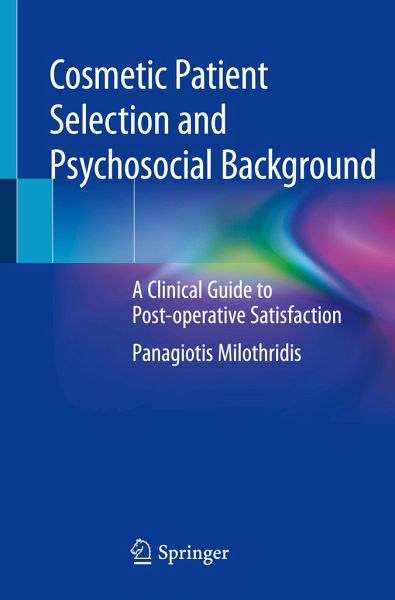
Cosmetic Patient Selection and Psychosocial Background
A Clinical Guide to Post-operative Satisfaction

PAYBACK Punkte
19 °P sammeln!
This book offers valuable insights into the psychosocial characteristics of patients interested in cosmetic surgery.It identifies factors such as experiences of being mobbed during childhood, as well as the nature of social relationships and psychiatric disorders that can strengthen or inhibit patients' interest in aesthetic plastic surgery and influence their postoperative outcomes. The books plays close attention to individual psychosocial profiles and their connections to specific surgical interventions. On this basis, it subsequently develops a tool that helps physicians decide whether or ...
This book offers valuable insights into the psychosocial characteristics of patients interested in cosmetic surgery.
It identifies factors such as experiences of being mobbed during childhood, as well as the nature of social relationships and psychiatric disorders that can strengthen or inhibit patients' interest in aesthetic plastic surgery and influence their postoperative outcomes. The books plays close attention to individual psychosocial profiles and their connections to specific surgical interventions. On this basis, it subsequently develops a tool that helps physicians decide whether or not a given patient should be considered for aesthetic surgery.
This book offers a handy tool for daily practice, while also paving the way for future research in this field.
It identifies factors such as experiences of being mobbed during childhood, as well as the nature of social relationships and psychiatric disorders that can strengthen or inhibit patients' interest in aesthetic plastic surgery and influence their postoperative outcomes. The books plays close attention to individual psychosocial profiles and their connections to specific surgical interventions. On this basis, it subsequently develops a tool that helps physicians decide whether or not a given patient should be considered for aesthetic surgery.
This book offers a handy tool for daily practice, while also paving the way for future research in this field.




